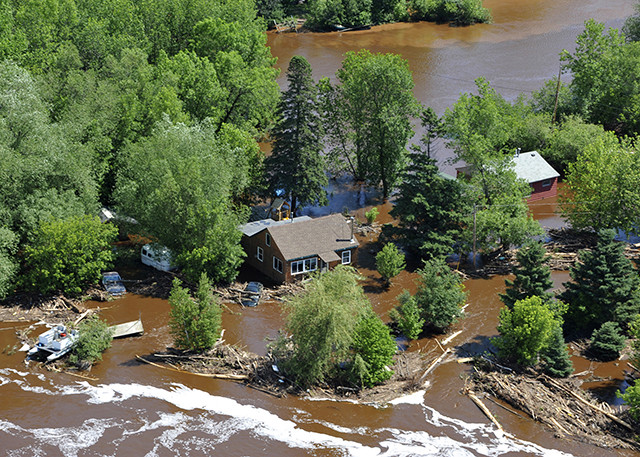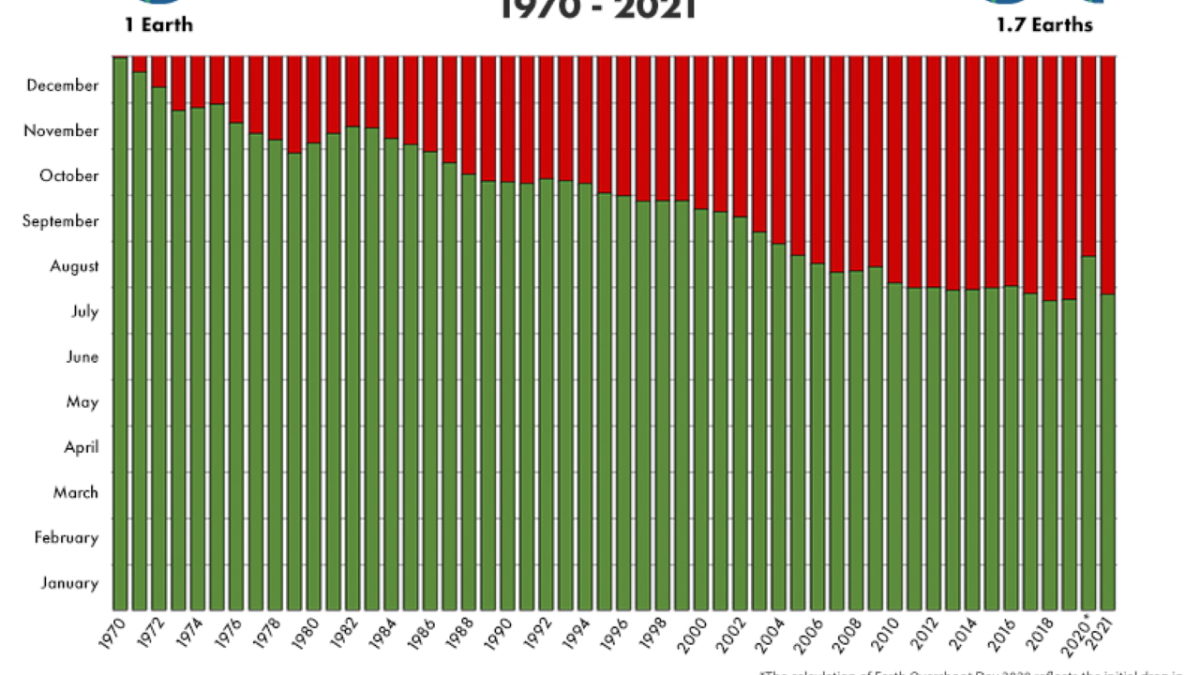Thousands of ships fitted with “cheat devices” to divert poisonous pollution into sea – “In the North Sea and some parts of the Channel, the water quality has already been heavily degraded”
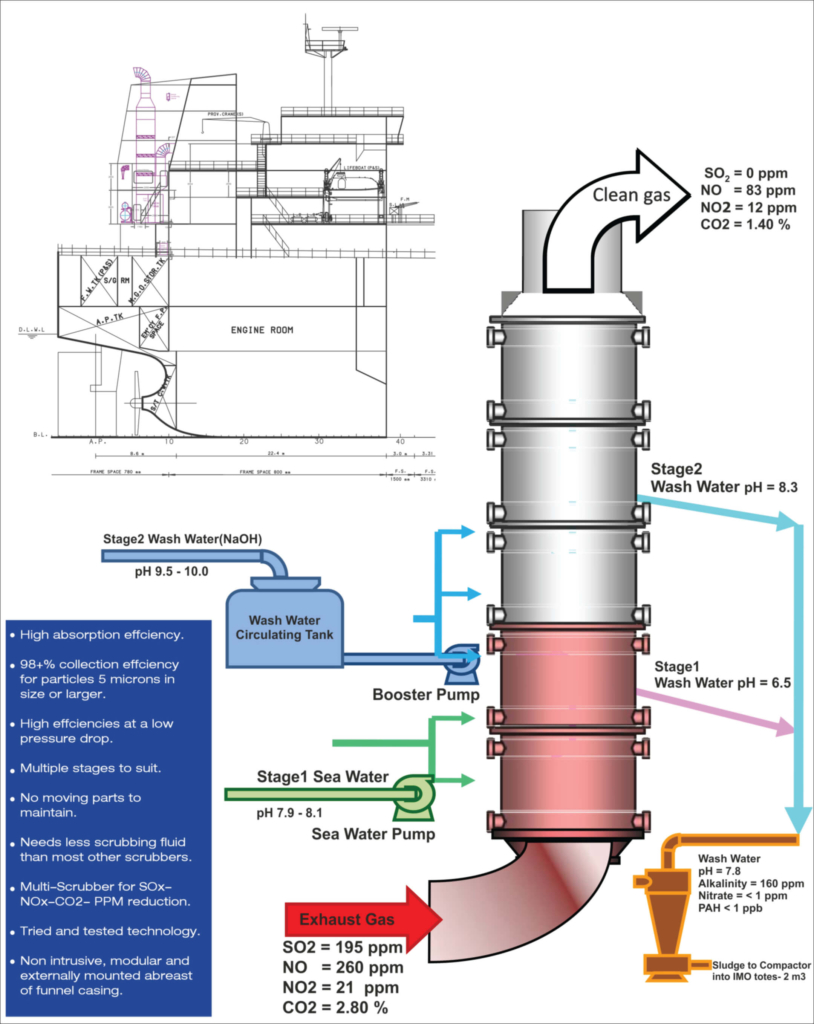
By Wil Crisp
30 September 2019
(The Independent) – Global shipping companies have spent billions rigging vessels with “cheat devices” that circumvent new environmental legislation by dumping pollution into the sea instead of the air, The Independent can reveal.
More than $12bn (£9.7bn) has been spent on the devices, known as open-loop scrubbers, which extract sulphur from the exhaust fumes of ships that run on heavy fuel oil.
This means the vessels meet standards demanded by the International Maritime Organisation (IMO) that kick in on 1 January 2020.
However, the sulphur emitted by the ships is simply re-routed from the exhaust and expelled into the water around the ships, which not only greatly increases the volume of pollutants being pumped into the sea, but also increases carbon dioxide emissions.
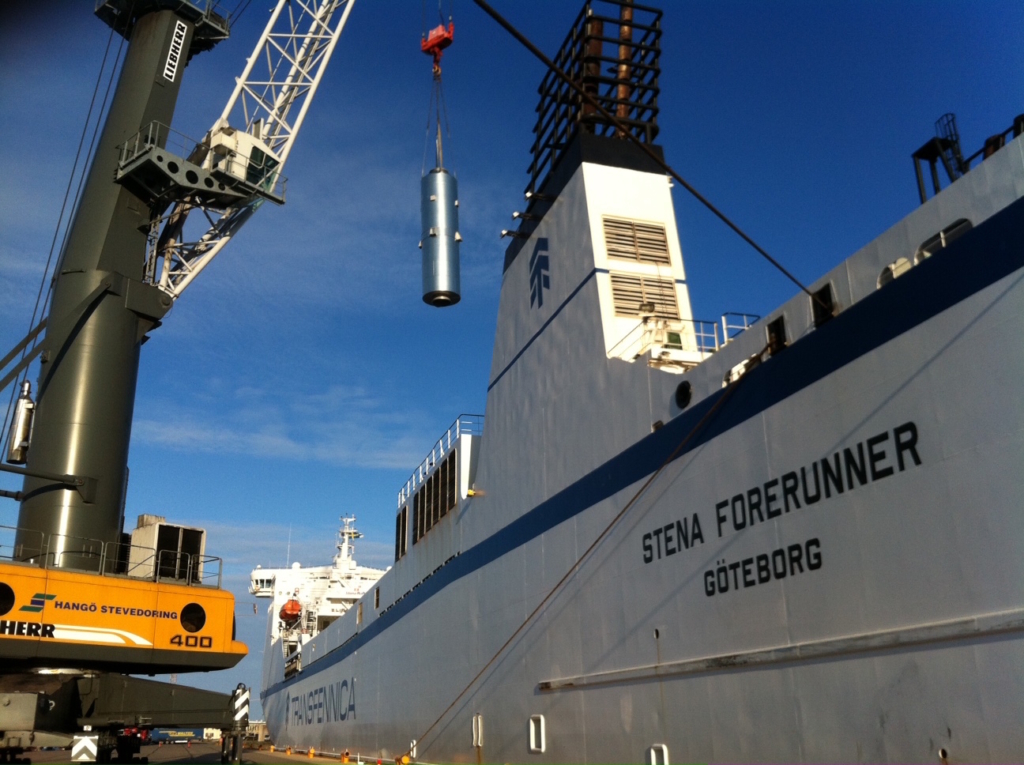
The change could have a devastating effect on wildlife in British waters and around the world, experts have warned.
A total of 3,756 ships, both in operation and under order, have already had scrubbers installed according to DNV GL, the world’s largest ship classification company.
Only 23 of these vessels have had closed-loop scrubbers installed, a version of the device that does not discharge into the sea and stores the extracted sulphur in tanks before discharging it at a safe disposal facility in a port.
In the North Sea and some parts of the Channel, the water quality has already been heavily degraded. Wildlife in these areas is likely to be far more vulnerable to the effects of having ships discharging huge volumes of acidic, polluted, warm water from scrubbers.
Lucy Gilliam, a campaigner for Transport and Environment, a Brussels-based NGO
The Exhaust Gas Cleaning System Association has estimated that 4,000 ships will be operating with scrubbers by the time the legislation is enforced, up from fewer than a hundred in 2013.
The ships that have been quickest to adopt the devices are the larger vessels, such as bulk carriers, container ships and oil tankers, which have the biggest engines and have historically been the worst polluters.
For every ton of fuel burned, ships using open-loop scrubbers emit approximately 45 tons of warm, acidic, contaminated washwater containing carcinogens including polycyclic aromatic hydrocarbons (PAHs) and heavy metals, according to the International Council on Clean Transportation (ICCT), a non-profit organisation that provides scientific analysis to environmental regulators.
Increasing volumes of wastewater will create toxic sediment around ports and could have a devastating effect on the wildlife in British waters, according to Lucy Gilliam, a campaigner for Transport and Environment, a Brussels-based NGO.
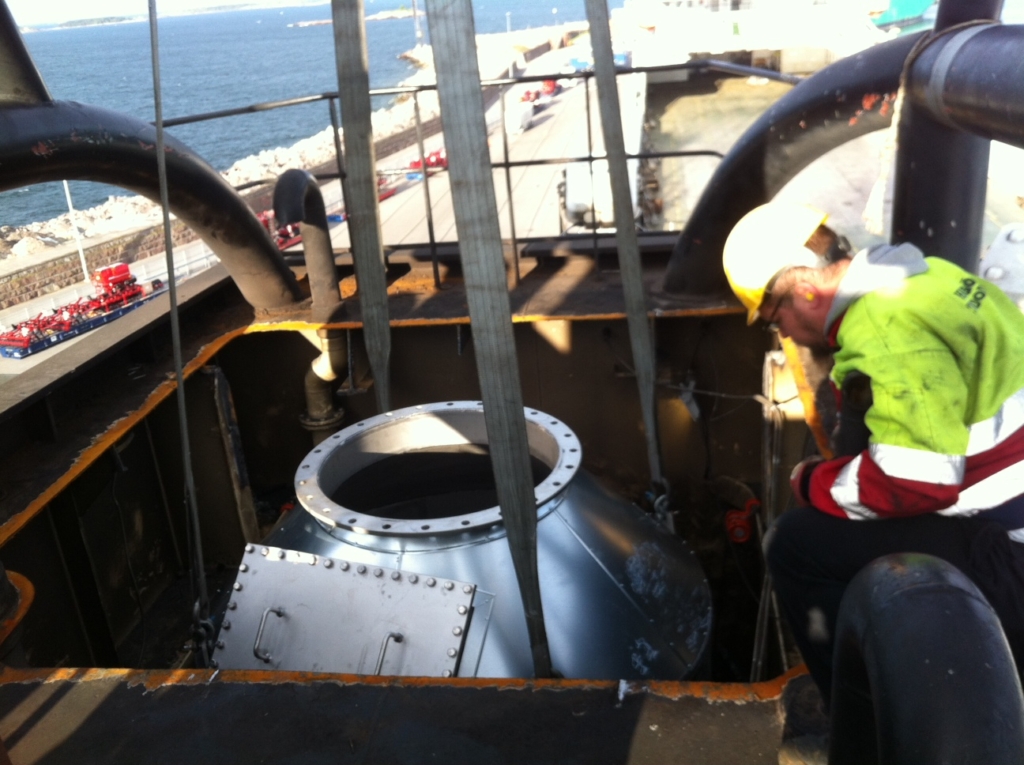
“In the North Sea and some parts of the Channel, the water quality has already been heavily degraded,” she said.
“Wildlife in these areas is likely to be far more vulnerable to the effects of having ships discharging huge volumes of acidic, polluted, warm water from scrubbers.
“As things stand, far too few parameters are covered by the existing IMO criteria for permitted discharge from scrubbers.” [more]
Thousands of ships fitted with ‘cheat devices’ to divert poisonous pollution into sea

